What makes a good manager? 11 actionable tips to help your team succeed
Summary
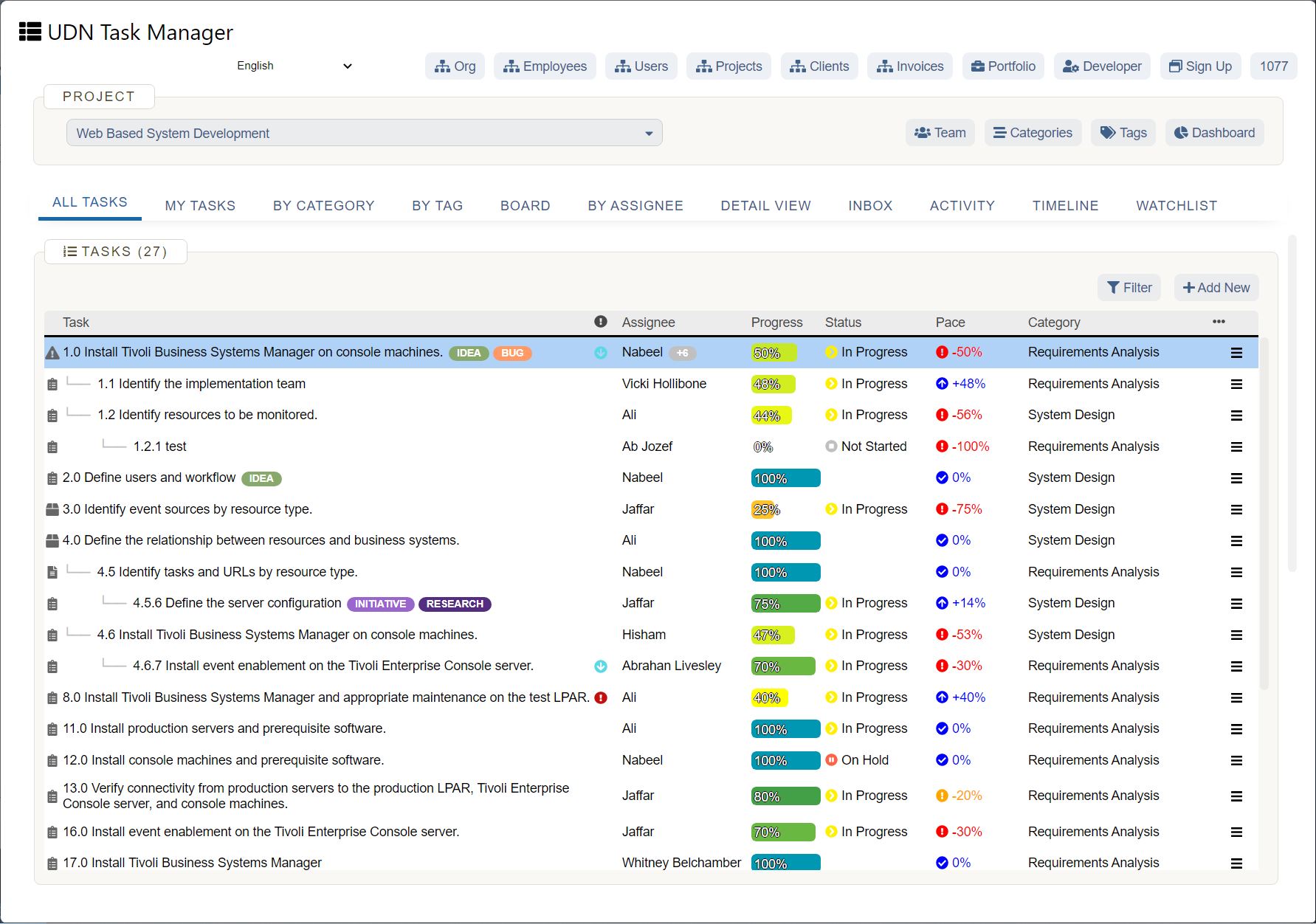
Good managers are great communicators, active listeners, and amazing supporters. Whether you’re new to the position or looking to become a better manager to your team, our 11 actionable tips will help you thrive in this role and set your team up for success.
Can you name a single successful sports team that thrives without a good coach? We didn’t think so. Every successful team is inspired, supported, and guided by a strong leader.
Now what do sports teams have to do with your team at work? Good coaches and good managers have a lot in common. Both strive to create the best teams possible, both get on eye level with their team members, and both know how to support their teammates so they can deliver their best work.
If you’re looking to improve your management skills , these 11 tips will set you up for success.
1. Align your team’s goals to your organization’s purpose
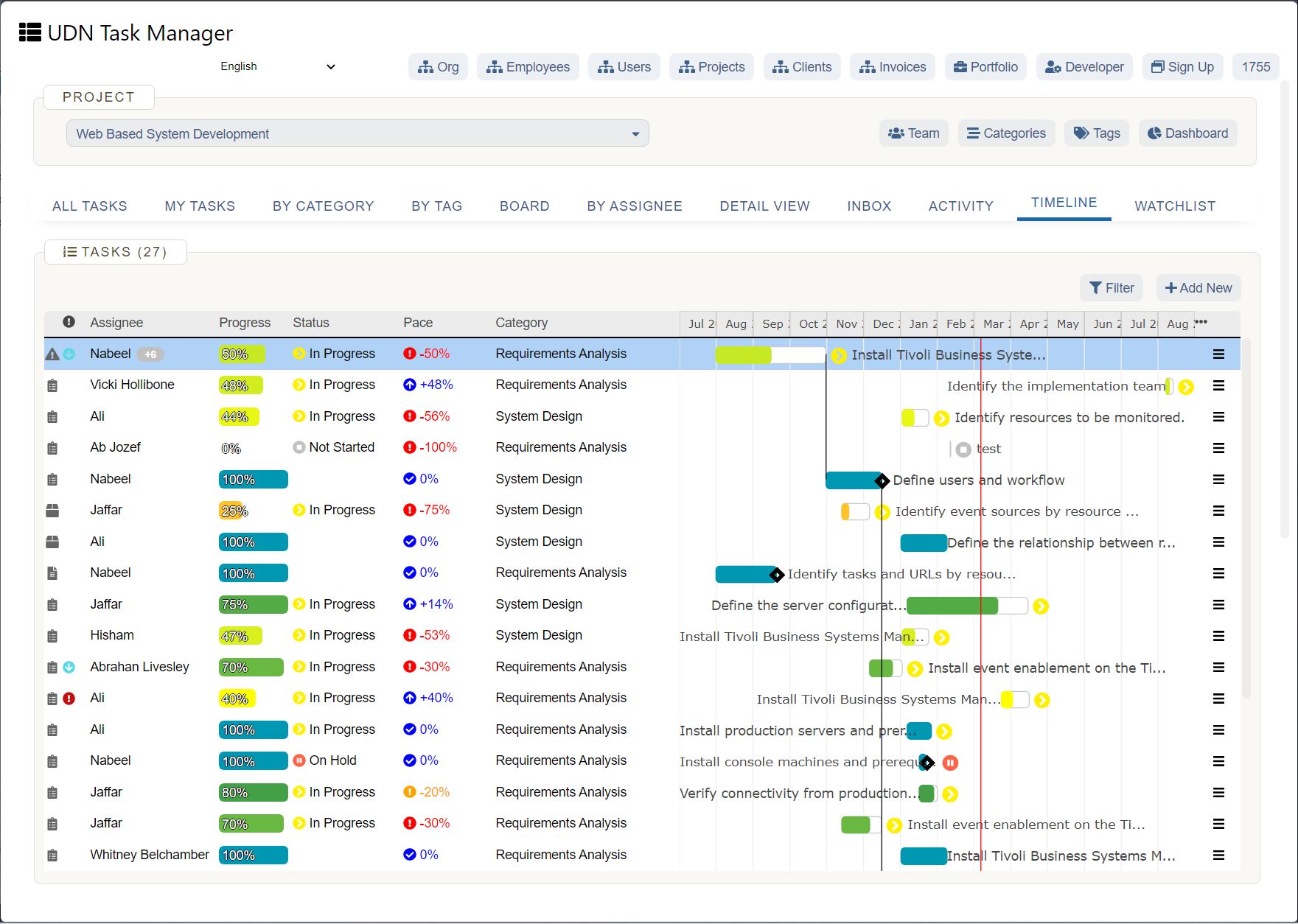
One of the most impactful things you can do as a manager is provide your team with context for why their work matters. Our research shows that when teams have clarity on how their contributions impact the organization’s objectives, their engagement doubles.
Unfortunately, only 26% of employees have a clear understanding of how their individual work relates to their company’s goals and just 16% feel that their company is effective at setting and communicating these goals. Knowing why certain steps and tasks are important to drive a strategy, create a product, or grow your organization will help your team feel valued.
But that’s not all—a recent study by Brookings shows that teams who perceive their jobs as meaningful put more effort into their work, are less likely to call in sick, and are more open to participate in trainings and other kinds of activities to boost organizational and individual performance.
By clarifying your team’s goals, you allow them to see how their work aligns with the goals of the organization. Sharing this information helps motivate your team members to do their best work because they understand how they are contributing to the bigger picture.
Besides the project’s objectives , you should also consider your personal goals—and those of your teammates. Take the time to create or update your professional development plan and encourage your team to do the same.
Pro tip: Use a goal tracking tool to help your team effectively visualize how their individual and daily work contributes to your team’s and organization’s goals. It's one thing to conceptually understand the objectives, but another to actually see that connection come to life.
2. Create an inclusive environment
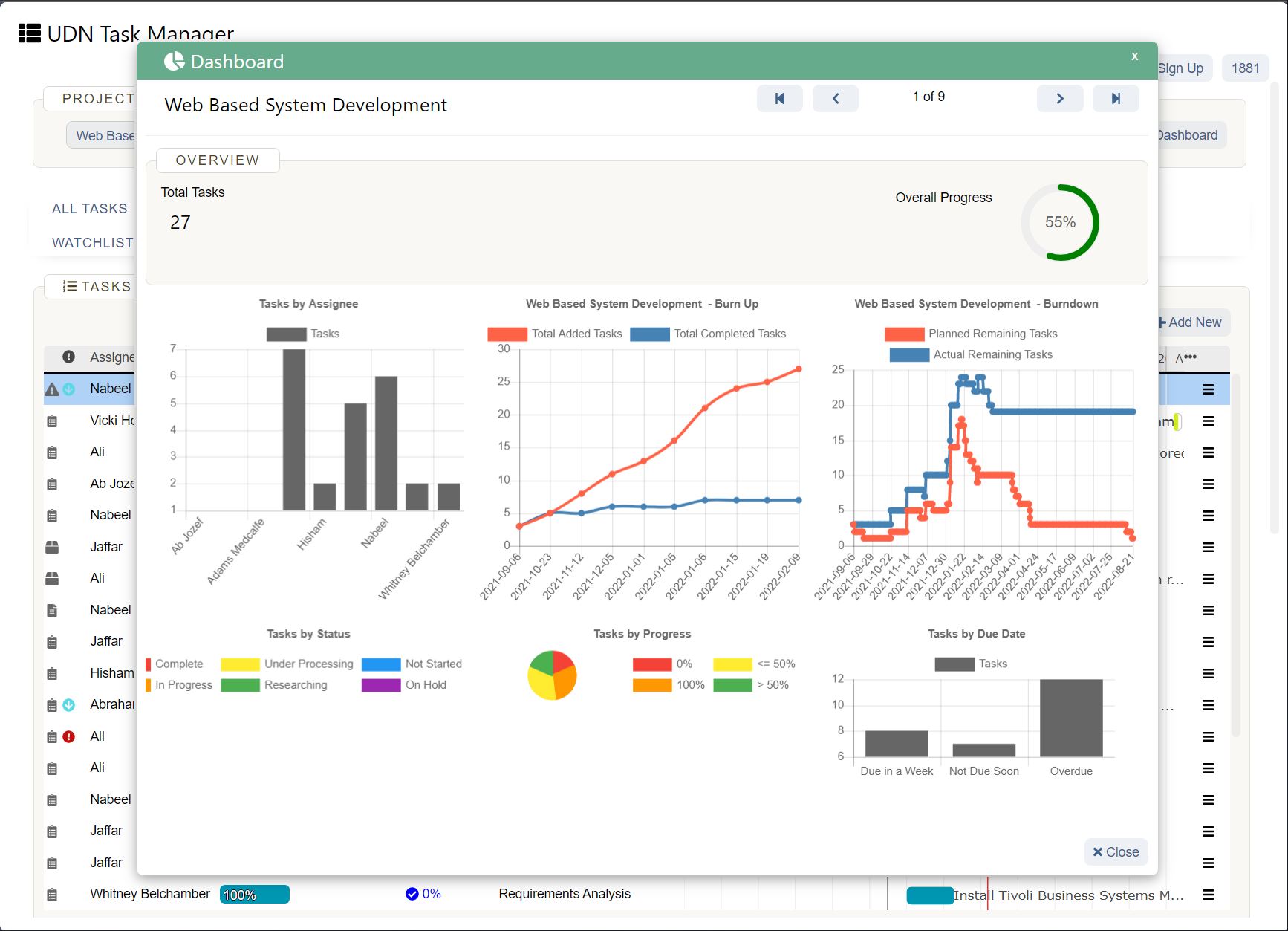
Aligning your team’s and company’s goals adds meaning to your team’s work and ultimately drives productivity, but how can you achieve that? Brookings’ research found that socially connecting with your teammates is the number one factor in making teams feel like their work has meaning.
Creating an inclusive and positive organizational culture takes time and effort. However, the work you put into creating this environment will reward you with motivated and engaged teammates. If your team cares about each other and about creating good work, it also elevates the quality of the end product. So how do you foster an inclusive environment?
The answer lies in your level of emotional intelligence . This soft skill plays a big role in creating an inclusive work environment. Developing your emotional intelligence leads to better collaboration, advanced interpersonal relationships, and improved communication. Here’s how you can build and use your emotional intelligence at work:
Have open and active conversations with your teammates about how they feel in regards to their work and the team.
Implement time for conversations and feedback to create a feeling of safety.
Help your teammates feel empowered by recognizing their ideas and work.
Recognize each team member’s unique qualities and make sure that they feel comfortable enough to express themselves.
Establish group norms that encourage your whole team to practice inclusivity.
Pro tip: Remember that creating an inclusive environment is an ongoing process. Part of doing this involves establishing and verbalizing group norms so your team can follow suit, but the ongoing effort is what will keep your team comfortable and honest with one another. If your organization offers trainings on team synergy or conflict resolution , make sure to take part and keep learning!
3. Delegate, don’t micromanage
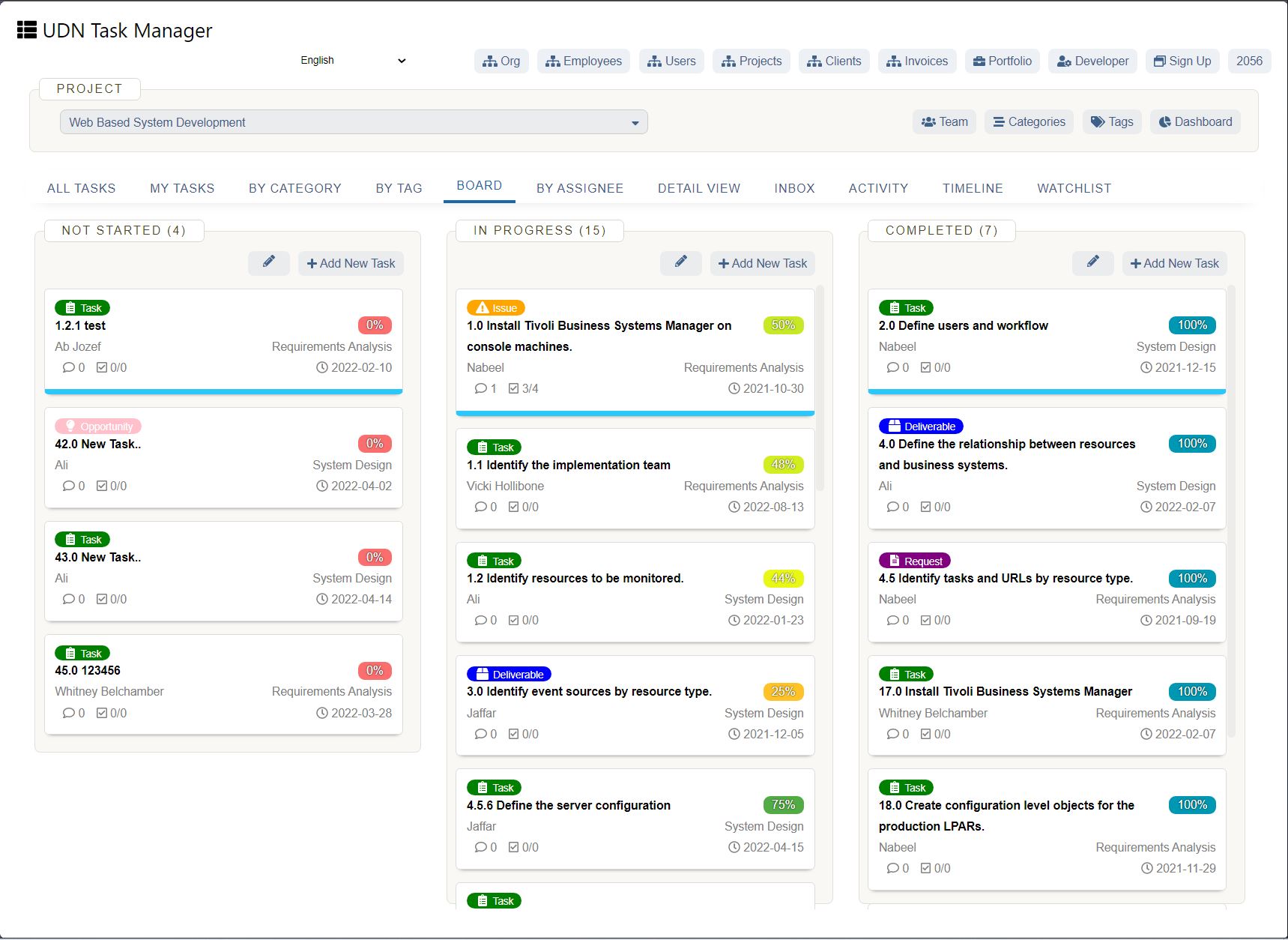
Micromanaging occurs when you attempt to control every part of a project. It can be difficult to be responsible for the success of a project and not try to be everywhere at once. But understanding that you might face this concern is the first step to avoid micromanagement.
Micromanaging can lead to you and your team members experiencing:
Decreased trust
Increased annoyance
Lack of faith in their (and your) abilities
Burnout
A loss in sight of the big picture
Errors you are unable to be objective about fixing
To avoid micromanagement, practice delegating responsibility amongst your team members. In order to delegate effectively, you have to understand the strengths and weaknesses of your team. Try to delegate in a way that plays to your team members’ strengths—and their goals. If you can make their interests align with those of the team, they will find it easier to complete their tasks successfully.
On the flipside, remember that team members won't always do things exactly the way you do. Sometimes, this means that they might fail. Part of the reason your role exists is to identify issues early on and support your team so they can succeed in the long run.
Be patient with your team members if they make mistakes, and encourage them to ask questions. Keep in mind that a good manager is also a good coach. Every time something doesn’t go according to plan is a learning opportunity for your teammate and a growth opportunity for you as their manager.
Pro tip: Although you should not be responsible for overseeing every detail, understand that there are some tasks that cannot be delegated. On those tasks, it’s necessary to step in and take the lead.
4. Set clear goals and expectations
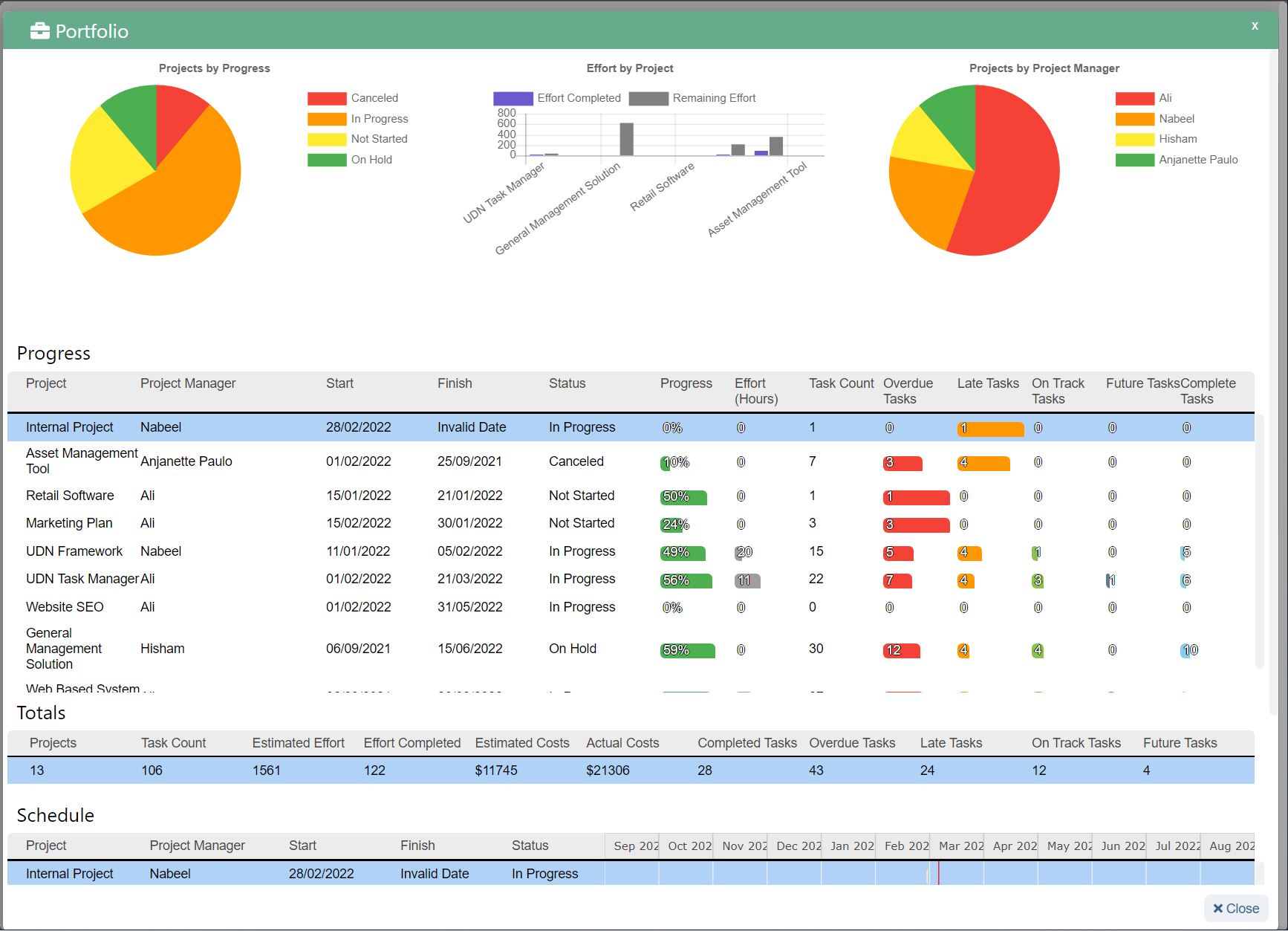
Setting clear goals is one of the most effective ways to achieve success. It’s your responsibility to clarify the desired outcome for the project your team is working on. The clearer you can be about establishing your expectations, the easier it will be for your team to follow suit.
SMART goals are a great format to use when setting goals. SMART is an acronym that stands for specific, measurable, achievable, realistic, and time-bound. SMART goals are clear and trackable, which makes them easier to measure when they are achieved (or missed). Whether you hit all your goals or not, tracking them the SMART way will allow you to learn for the future.
To track your team’s progress toward project goals effectively, you also need a central source of truth. UDN Task Manager ’s goal setting software allows you to schedule milestones and include status reports. These reports provide your team with the context they need to succeed while giving them the chance to asynchronously collaborate and get their tasks done.
Pro tip: Project status reports are the best way to keep your team and stakeholders updated on the project progress. Sharing these high-level updates with your team proactively lets them know if the project is on track, at risk, or off track and allows you to adjust timelines or expectations accordingly.
5. Communicate, communicate, communicate
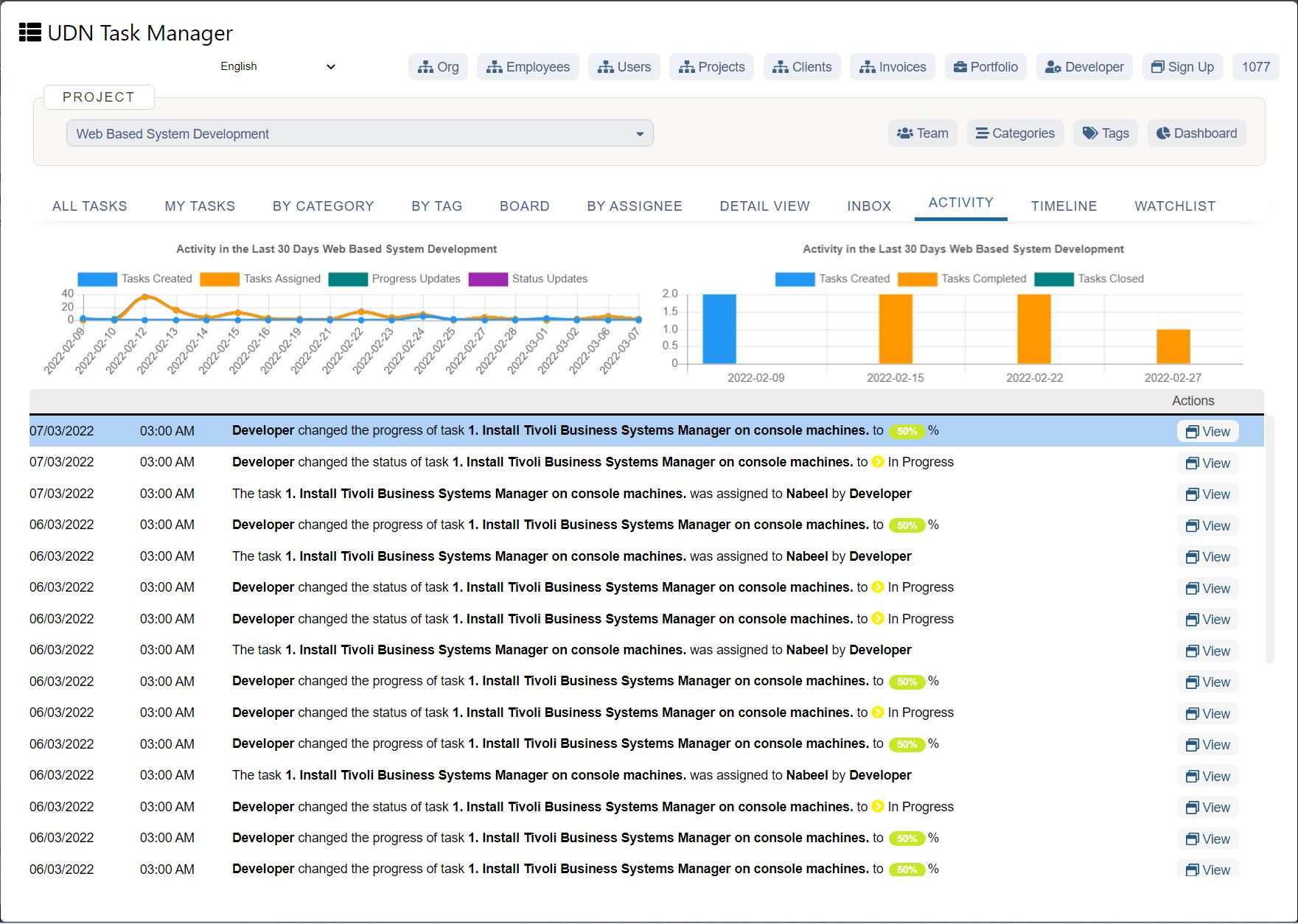
More often than not, a mistake in a project comes down to a communication error rather than a performance issue. As a result, effective communication is vital, both for completing tasks as well as boosting team morale. Since remote work has become more common, workplace communication has broadened to even more channels than before.
To streamline these channels, create a communication plan for your team. This plan defines what your different communication channels should be used for and becomes your team’s one-stop-shop for project communication strategy.
Here is an example of what your communication plan could look like:
Use Slack for synchronous day-to-day updates, quick questions, or team bonding group chats
Use Zoom for one-on-one meetings or presentations.
Send emails to communicate with external partners or stakeholders.
Use UDN Task Manager to communicate asynchronously about work, schedule tasks, and track progress.
Pro tip: It’s important to understand how your team communicates, both individually and as a whole. To gauge if you’re communicating effectively, ask for feedback. Feedback and performance reviews are great ways to start an open dialogue about how you can become a better manager to your team members.
6. Leverage collaboration tools
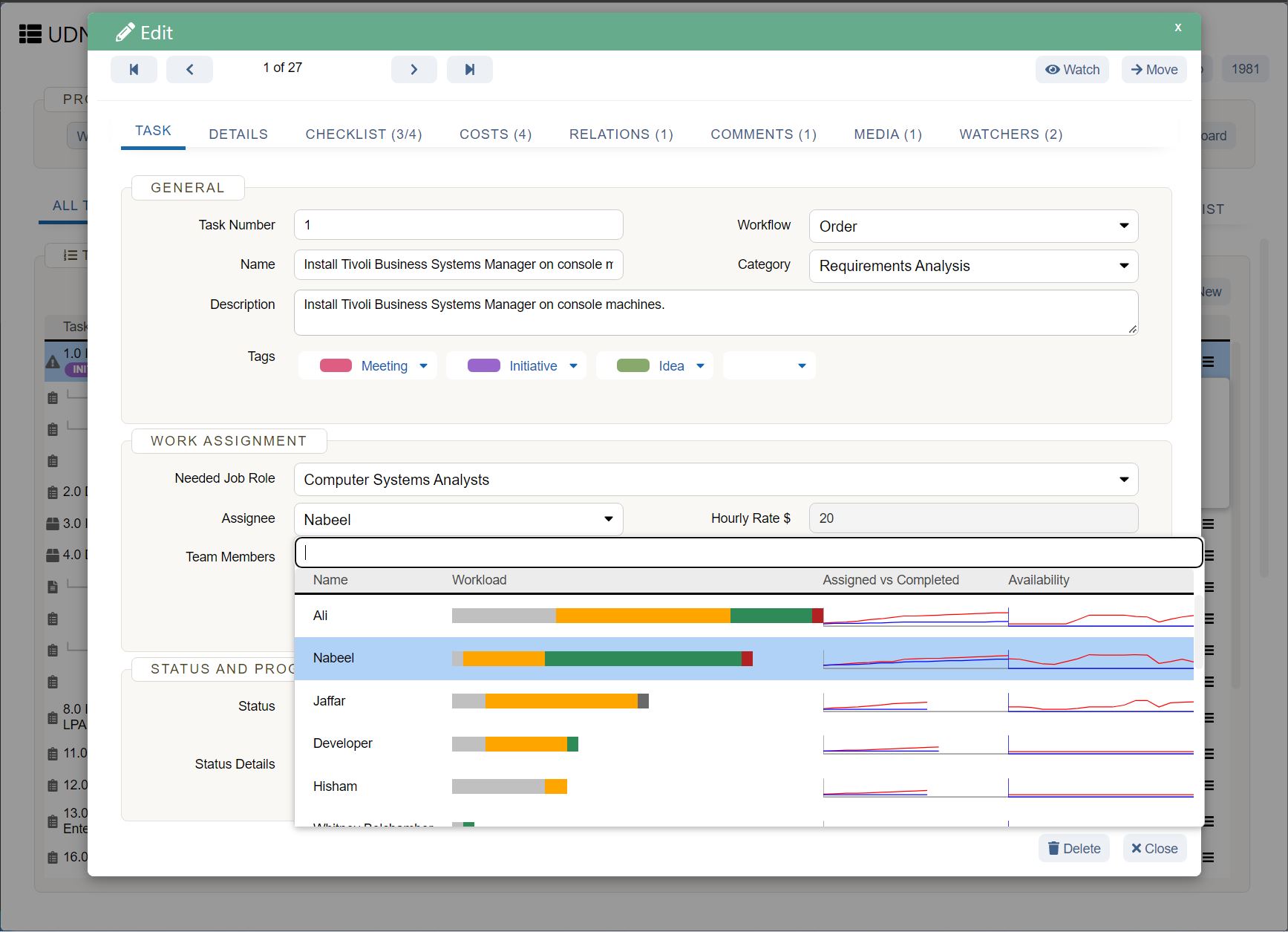
Collaboration software can be incredibly useful in improving your team’s productivity and performance. For example, around 80% of UDN Task Manager ’s users say that their teams have greater clarity and increased accountability.
The software you implement allows your team to clearly define the plan, the process, and the progress of the work. Collaborative software also enables:
A centralized location for important tasks so every member can stay updated on the progress of the project as a whole
Visibility across the team, which allows for each member to understand why their task needs to be done a certain way or at a certain time
Time management —by streamlining and centralizing the work, brainstorming turns into fully-formed concepts faster. You can dedicate your energy to figuring out how to boost the quality of work, rather than explaining and delegating tasks on an individual level.
Pro tip: Collaborative software isn’t a total replacement for all workplace communication. Rather, it’s meant as a supplementary tool to streamline the work process. Aim to still check in with each member of your team, and also check in with everyone as a group.
7. Practice active listening

One key aspect of team management that is often overlooked is the ability to listen. Listening is a skill that will allow you to maximize your team’s capabilities. Some of the proven benefits that a manager with this soft skill can bring to their team are improved communication, a boost in collaboration, a deeper connection level with your teammates, and a higher level of trust.
There are four types of listening: empathetic, appreciative, comprehensive, and critical. To be a good manager, focus on a branch of empathetic listening called active listening.
Active listening means listening with the intent to fully understand what the other person is saying. As an active listener, try not to be preoccupied with your own thoughts or responses; instead prioritize comprehension in your responses. Ask open-ended questions to gain a deeper understanding of what your teammate is talking about, paraphrase or summarize to make sure you’re fully understanding what’s being said, and avoid distractions or multitasking.
Pro tip: Better active listening can help you become more effective at conflict resolution as well. On top of paraphrasing and summarizing what your teammate is telling you, you can add to the conversation by using “I” statements. Using “I” statements is a great way to center the statement on your own experience. For example, you could say “I felt like my feedback from this morning didn’t resonate with you” rather than “You didn’t listen to me.”
8. Trust in your team
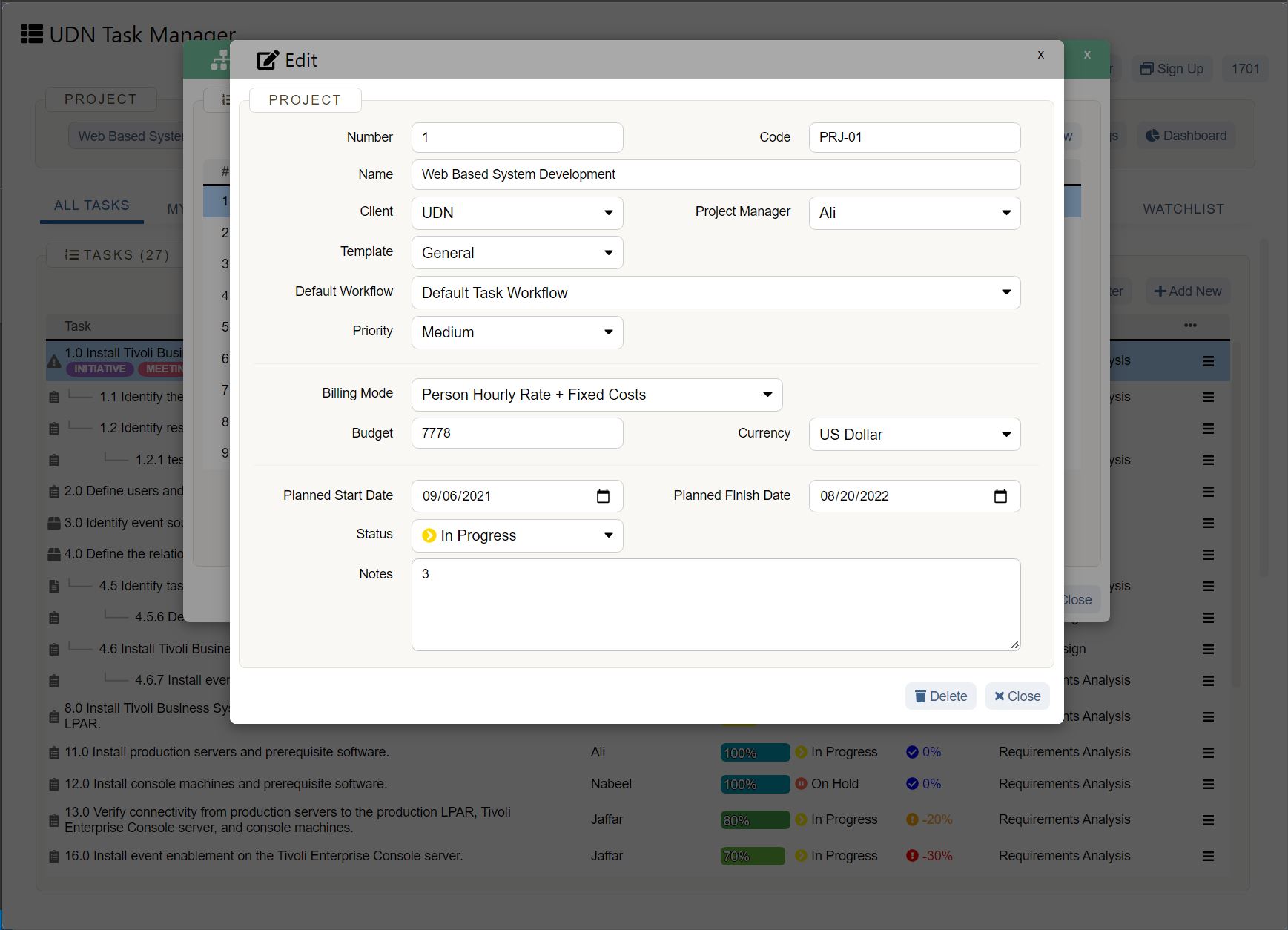
A key component to building a strong organizational culture is putting trust in your team. Organizational work culture is the bread and butter of a successful team, and, on a larger scale, a successful company. Good company culture drives motivation and increases retention rates of employees. It’s also good for morale, which boosts productivity and well-being.
To show your team that you trust them, delegate responsibilities and make work processes collaborative. Check in and ask them for feedback—both on your performance, as well as on the success of the project. The knowledge that you value their opinion will strengthen their trust in you.
Pro tip: Show that you want the best for your team by prioritizing their aspirations when possible, and taking responsibility when you fall short. One way of showing your team that you care about their growth is to support them in creating professional development plans. This document is perfect to define career goals and hold yourself accountable.
9. Be decisive and advocate for your team

As a manager, you will be responsible for decision-making that affects the entire team. Try to inform your team of your decisions as swiftly as possible. Give your team time to process and react—especially if your decisions will affect their work. You should also be prepared to offer explanations and context for your decisions. Your transparency will be appreciated by the team, and is crucial in building trust.
When others evaluate your team, they may find mistakes in your work. Because you’re responsible for overseeing your team’s work, you should be ready to take responsibility. Additionally, if you feel anyone is criticizing your team unfairly or doesn’t have all the context for their work, you should always address it.
Pro tip: A good manager advocates for their team. You’re the one representing your team and their work. If things don’t go as planned, your advocacy will build the kind of trust you want between you and your teammates.
10. Be confident
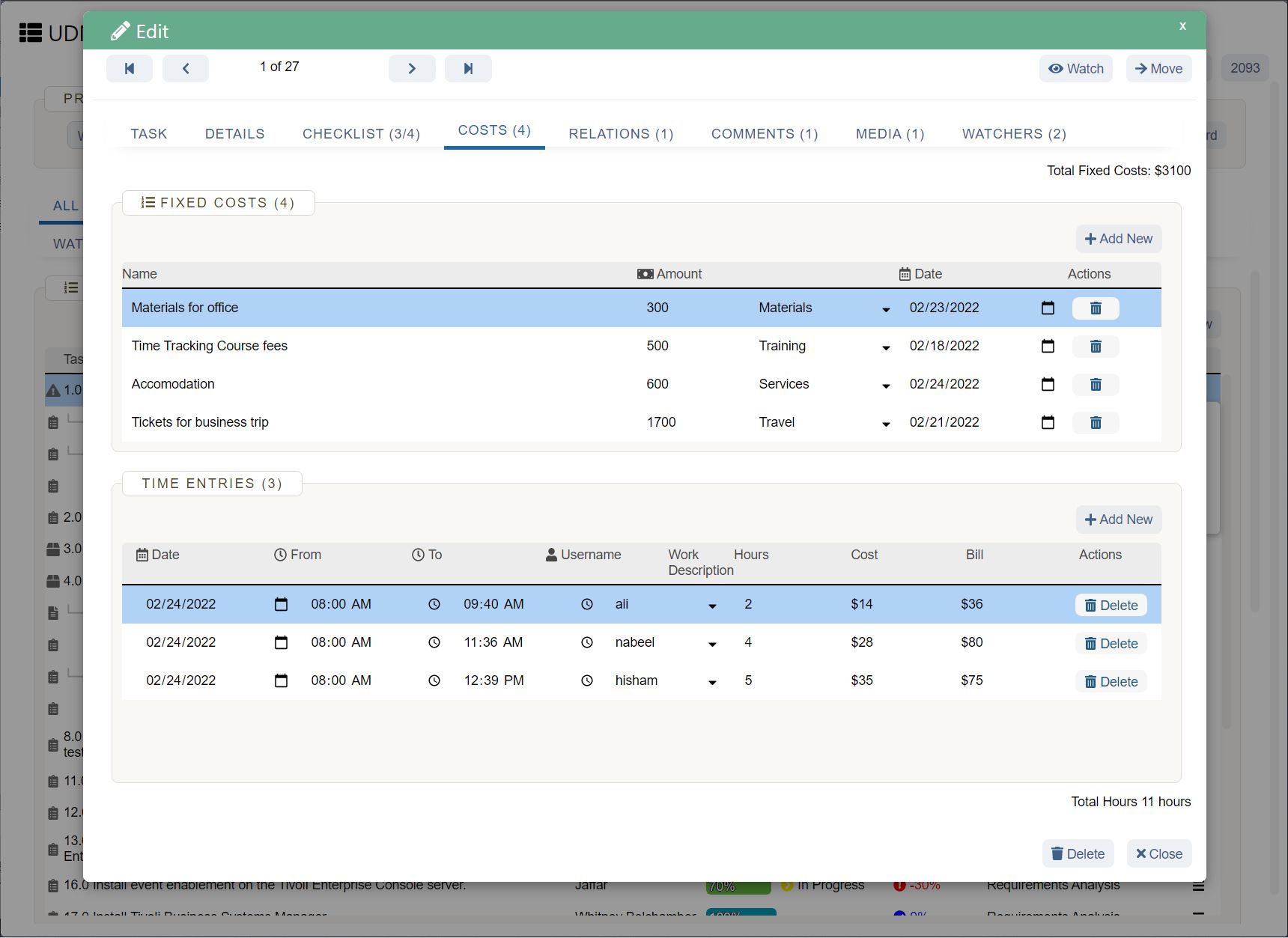
In order to manage your team effectively, you must be confident. Being a confident manager sets the tone for the team and makes it more likely that they will follow suit. Even if you’re a new manager and lack experience, you can still be confident in your decisions and your abilities.
To build confidence, identify your strengths and keep a record of your successes. If there are periods of time in which you feel less confident, you can give yourself a boost by looking back on your past successes. It also helps to acknowledge when you’re in a tough situation. When you finally overcome it, congratulate yourself. That tough situation can be used as a confidence boost (and experience) for the future.
Pro tip: You should also find ways to show your confidence in your team’s abilities. Be there to offer guidance if necessary, but show that you have faith in their abilities by trusting them with important tasks. Confidence is a great boost for team morale .
11. Make time for team building exercises
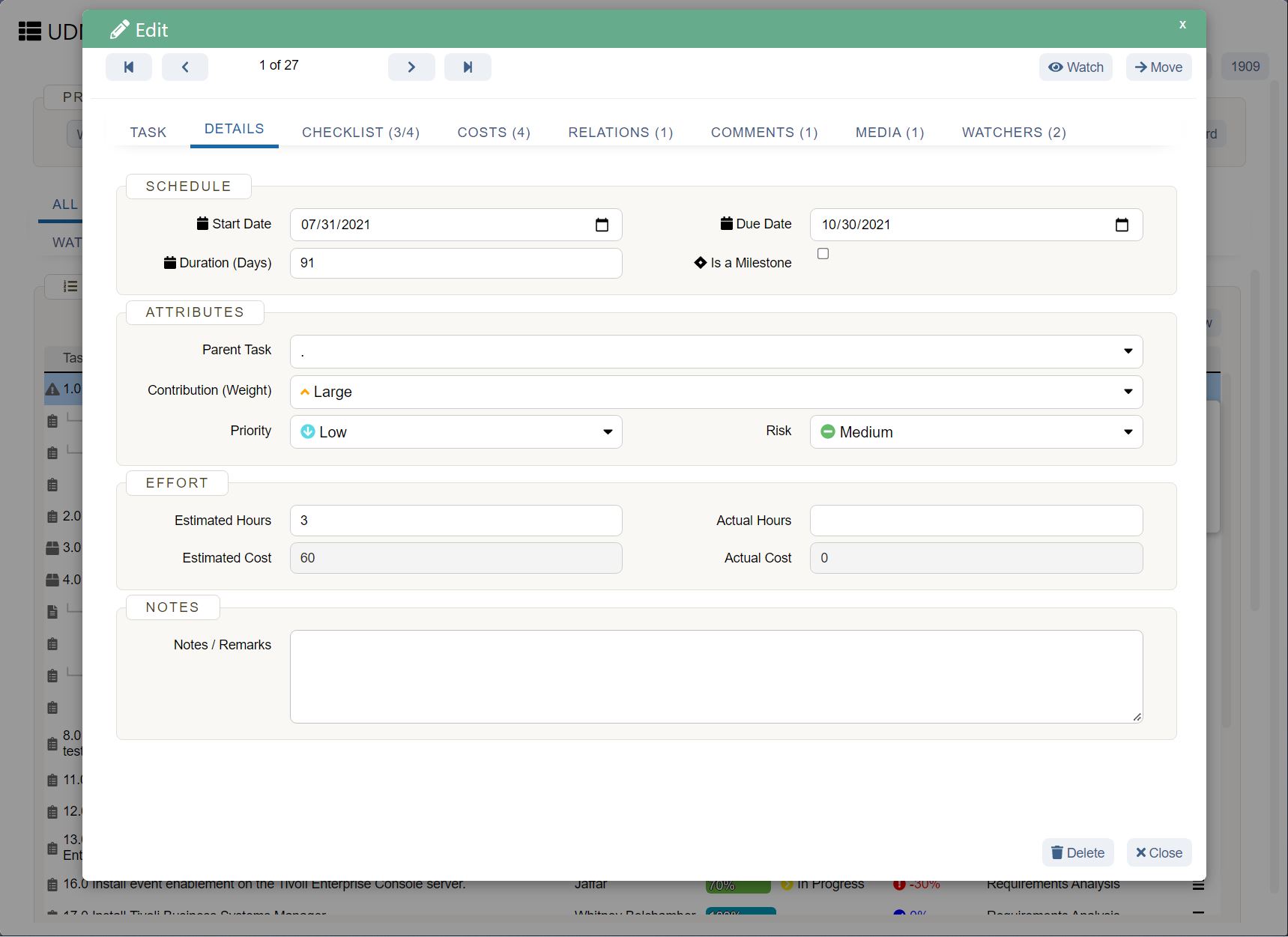
Great management will produce great results, but try to schedule some time for fun activities too.
Having regular team building exercises doesn’t just make for a fun break, it’s also a great opportunity for your team to create stronger bonds. You can brighten everyone’s day with a quick icebreaker before a call or schedule a full day for team building activities. Whether you put these activities together yourself, hire a professional to get some fresh input, or take your team somewhere fun (like an escape room or an off-site workshop), team building can increase trust and encourage collaboration among team members.
And we all know that a team that collaborates well will also perform better at work.
Pro tip: Schedule your team building activities during work hours—no matter how much your team loves their jobs, even fun work activities shouldn’t interfere with their free time.
Connect with your team in one place
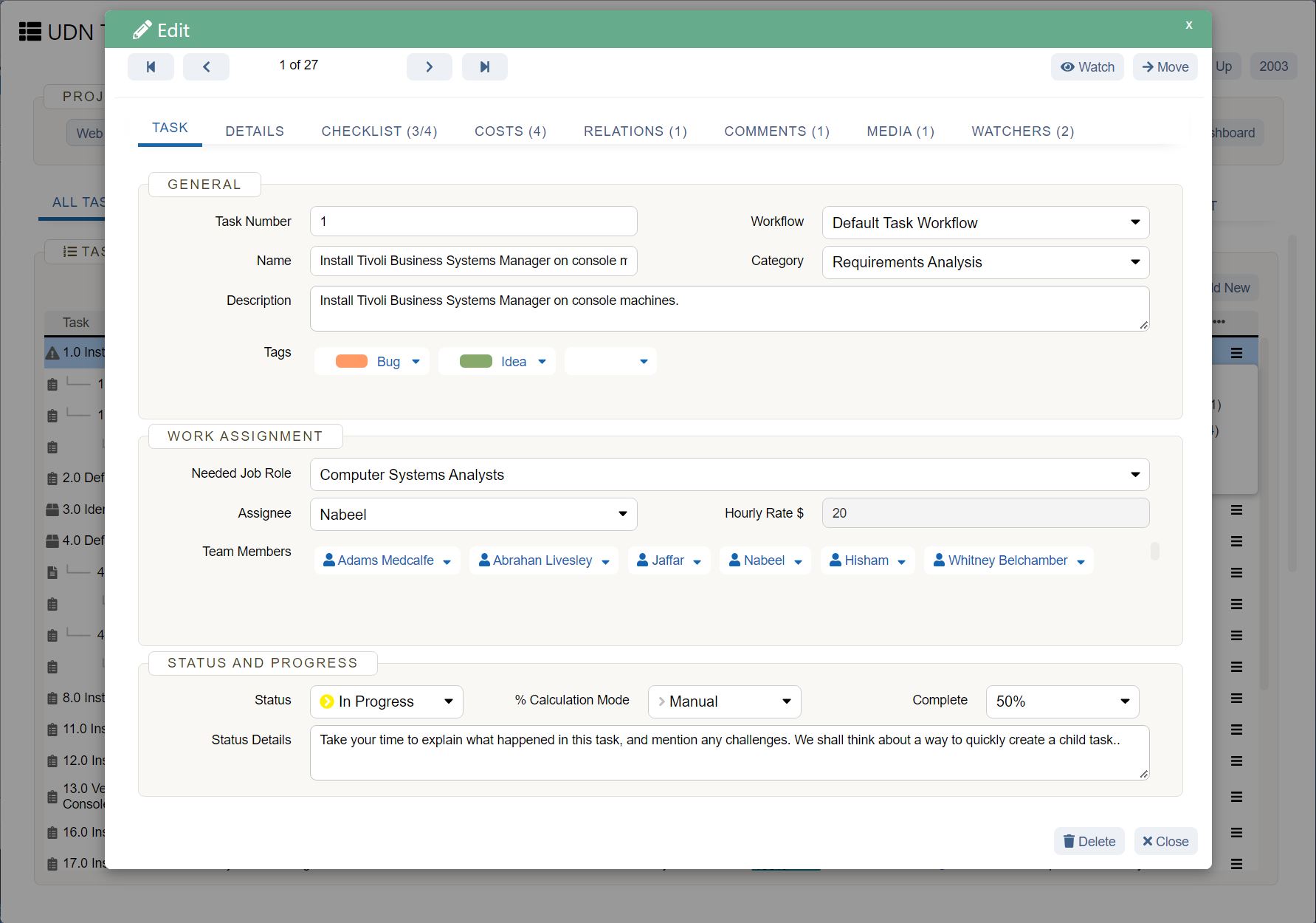
Each manager has their own unique style that shines through in their work and that’s great! But a combination of great communication skills, the ability to delegate, and a willingness to leverage the right collaboration tools will set you apart from the rest.
Whether you see your teammates in the office or you all work from home , our collaboration software allows you to connect with your team in one place and streamline tasks, deadlines, and communication successfully.











